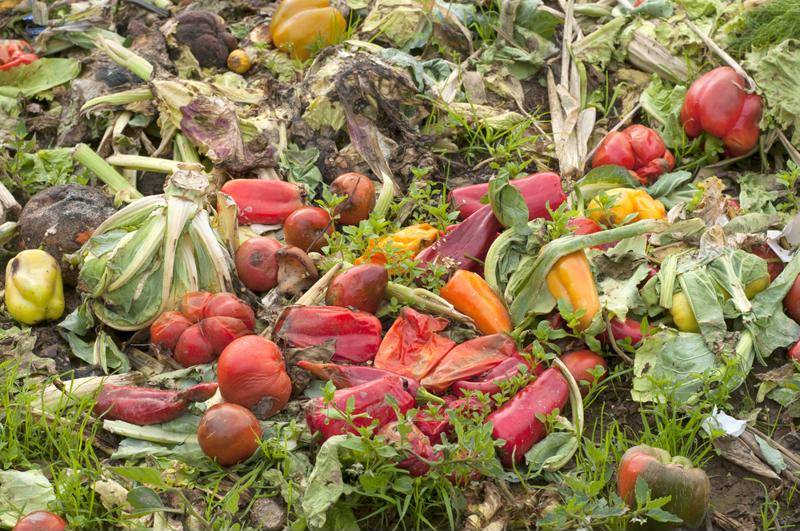One of the biggest issues for many companies is that their supply chains aren't perfectly efficient, meaning they tend to lose track of products en route to or from their facilities, resulting in losses that can add up significantly over time. This may be even more problematic for companies that deal with perishable foodstuffs, as there is not only the risk that pallets or crates go missing, but also that food spoils on its journey through the supply chain.
For obvious reasons, then, companies that deal with perishable food items have a significant vested interest in reducing waste, according to Supply Chain Digital. It is a pervasive problem the world over - for instance, some estimates show that as much as 40% of food shipped in the European Union for grocery companies never makes it to store shelves - leading to tens of billions of tons (or more) of food going to waste each year.
Perhaps the easiest way for food companies to deal with this issue is to increase visibility in the supply chain, which many unfortunately have not been able to do - at least, not to their satisfaction, the report said. In addition, they may have to change their policies around what constitutes a sellable food item, such as putting items that are perfectly good but may not look "right" up for sale, where they previously would have been allowed to go to waste in the name of aesthetics.

Experts largely agree that better visibility starts on the farm, where companies can do more to ensure food is easier to track as it is harvested, packaged and put into trucks, according to Fast Casual. The ability of a food seller to track any individual box of apples or shipment of beef at every step of the supply chain - from the farm to the store itself - would not only reduce waste, but increase customer confidence and satisfaction.
Likewise, more advanced packaging that makes it easier for sellers or consumers to determine whether food has exceeded a certain temperature while in transit can also increase confidence in its freshness, the report said. Even more advanced options could allow companies to set shipping temperatures for individual crates, so every item is shipped at its optimal level of freshness.
Taking the next step
However, when it comes to truly cutting-edge food tech designed to tackle waste, there are numerous startups trying to take different approaches to the issue, according to Supply Chain Dive. For instance, one company has developed an invisible coating for fresh produce that is perfectly edible but dramatically shields the food from the substances that can lead to decay, while another has a device that can be inserted into larger packaging and emits a chemical spray to discourage growth of mold or bacteria.
Another company uses high-tech cameras to detect internal rot of produce that are hard to detect, like in avocados, the report said.
This innovative tech, in addition to the more standard options that can be used to improve all types of supply chains, could be the key to drastically reducing the amount of food waste seen worldwide each year.



Post A Comment:
0 comments so far,add yours